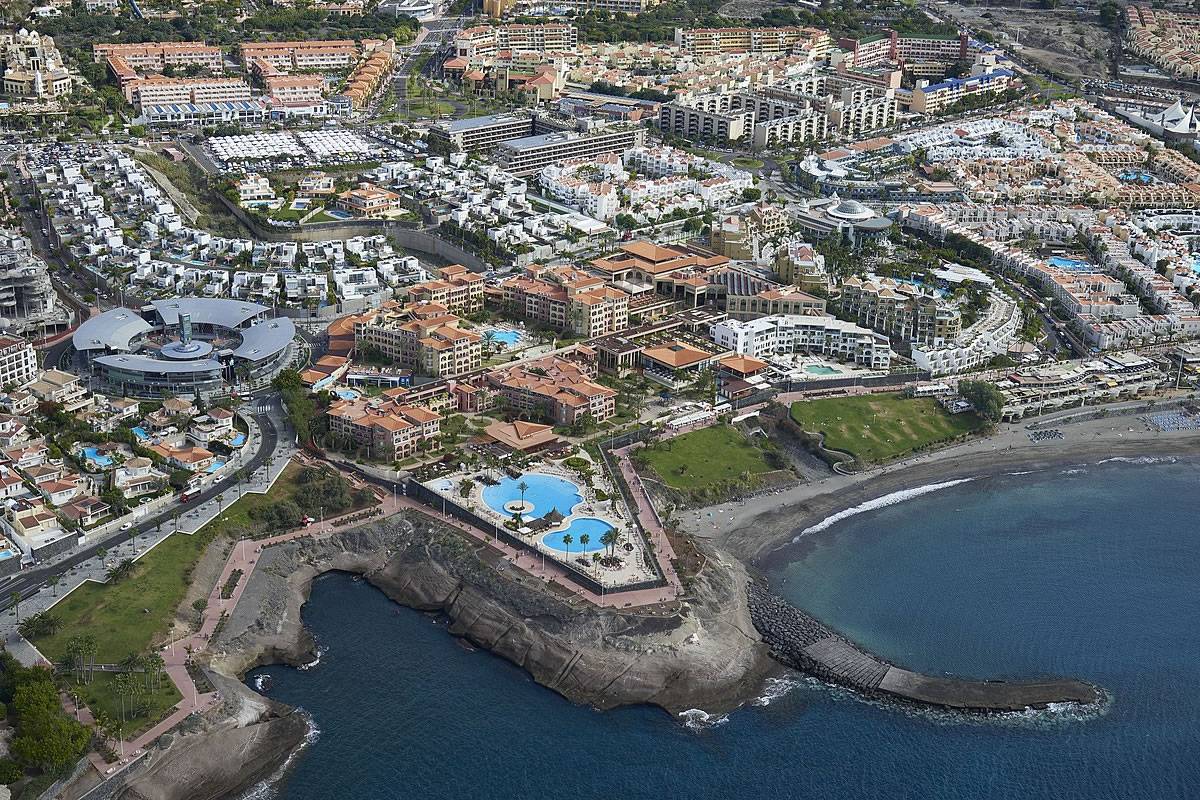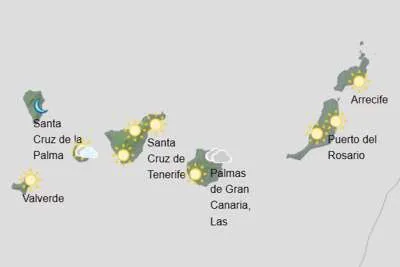Hoteliers in Tenerife offer to build homes for workers with regulated rental prices
- 17-04-2024
- Business
- Canarian Weekly
- Photo Credit: Wikimedia Commons
Hoteliers in Tenerife have volunteered to construct housing for staff of companies in the tourism sector at regulated prices to speed up the slowness of the Government in this matter, as reported by Ashotel. The association has urged the Canarian Federation of Municipalities (Fecam) to act quickly in addressing a survey conducted by the hotelier employers' organisation regarding housing needs in tourist areas, especially in the south of Tenerife.
The hotel employers' association and the majority union in the sector, Sindicalistas de Base (SB), have held repeated meetings with several mayors of the tourist municipalities in Tenerife, the Government of the Canary Islands, and Fecam itself to find quick solutions to facilitate rentals at reasonable prices for workers and their families.
In a meeting held last November with the Federation's president, Mari Brito, Ashotel committed to conducting a survey among workers in the tourism sector in the south of Tenerife regarding housing issues, aiming to provide an initial assessment of the situation. Since the beginning of the year, Ashotel has collected this data and intends to present it to Fecam in a meeting they requested in February.
Jorge Marichal, president of Ashotel, pointed out the bureaucratic slowness involved in land allocation for public housing. In the November meeting, Marichal urged to seek faster and more feasible solutions, such as allowing municipalities with consolidated residential land from Partial Plans, through appropriate legal mechanisms, to facilitate the construction of housing projects by entrepreneurs willing to rent these houses to workers at regulated prices.
Marichal clarified that this initiative is not about social rental for families in precarious situations, as that involves specific procedures and recipients, but rather about providing affordable rentals for people working in areas close to tourist zones, whose salaries can meet the rental costs within the hospitality sector.
HOUSING SURVEY
The initial approach to understanding the rental conditions of workers associated with Ashotel's accommodation sector was conducted through a survey in December. Among the results, it's highlighted that 57% of respondents live in rental accommodations, with 46% willing to reside in a different municipality if prices were more affordable, primarily to be closer to their workplaces (75%).
The survey also reflects the high rental prices. The average monthly rent paid for a property stands at €625, with 55% having two rooms, 24% with one room, almost 18% with three rooms, and nearly 3% with four or more rooms. Respondents’ answers indicate that the ideal average monthly rent they would like to pay is €538, for a property of 72 square metres.
Looking at municipal details, for instance in Adeje, 23% of workers in accommodation establishments in the municipality who live in rental properties reside there, while the rest live in Arona (36%), Granadilla de Abona (19%), and Guía de Isora (10%). The average monthly rent paid by respondents living in Adeje, regardless of their workplace, is €687.
In the case of Puerto de la Cruz, 35% of respondents working in this northern Tenerife municipality and living in rental properties do so in the tourist town; the rest are distributed among Santa Úrsula (20%), Los Realejos (15%), and Candelaria, La Orotava, and La Laguna, each with 10%. The average rent paid by respondents living in Puerto de la Cruz is €649.
HOLIDAY HOMES
According to Ashotel, "The housing issue is urgent in the Canary Islands, the region with the highest demand for social housing, yet almost 20% of the current housing stock is empty or unoccupied." Additionally, the boom in holiday homes has also strained the long-term rental market and prices. The lack of urban planning regulation in determining where tourist housing can and cannot be exploited has led to an exponential increase in tourist rental places over the last decade, now totalling 220,000 in the Canary Islands, according to government data.
Ashotel and SB have been advocating together since 2014 for effective regulation of tourist housing, which now has a draft law from the Canary Islands Government. The hotelier employers' association sees this positively, simply because it will regulate an activity that has so far operated without any control. They note that this phenomenon has led to the displacement of workers from tourist areas to more distant locations, causing mobility issues and an increase in absenteeism.
URGENT CALL FOR REGULATION
The Spanish Confederation of Hotels and Tourist Accommodations (CEHAT) deems the regulation of tourist accommodation as "urgent and a priority" in Spain, advocating for greater regulation and planning in an economic activity that has "negatively affected civil society," as the hotel sector has warned for a decade.
"In recent years, the number of tourist beds in our country has doubled in a somewhat strange way, in a manner that we understand is at least illegal and uncontrolled, and therefore we demand all possible efforts to order this phenomenon," says the president of the confederation, Jorge Marichal.
The employers' association demands that the central government, autonomous communities, and municipalities develop regulations to avoid problems with residents, protect their quality of life, ensure local employment and income, and promote the sustainability of regulated businesses.
Over the past six years, the number of hotel establishments has decreased by 3%, while tourist apartments have reached a record of 340,000 units in 2023, surpassing hotels and similar accommodations in Spain. "We are not against the phenomenon, we are only asking for regulation and legal competition," he concluded.


























































